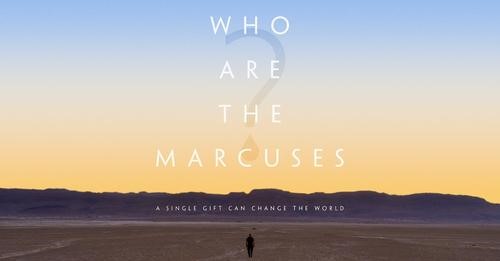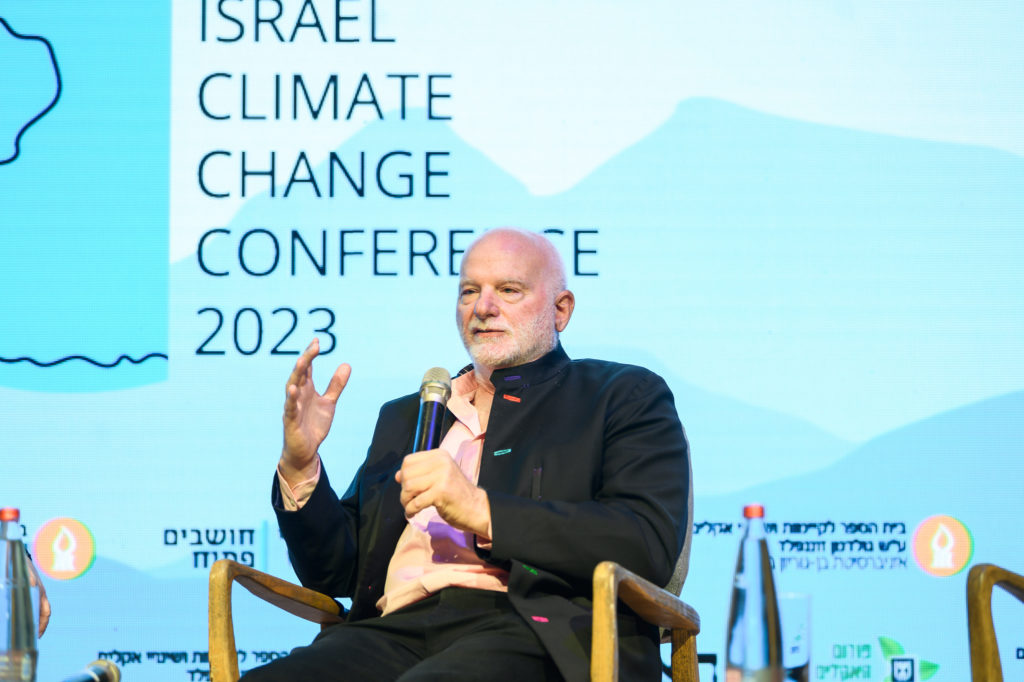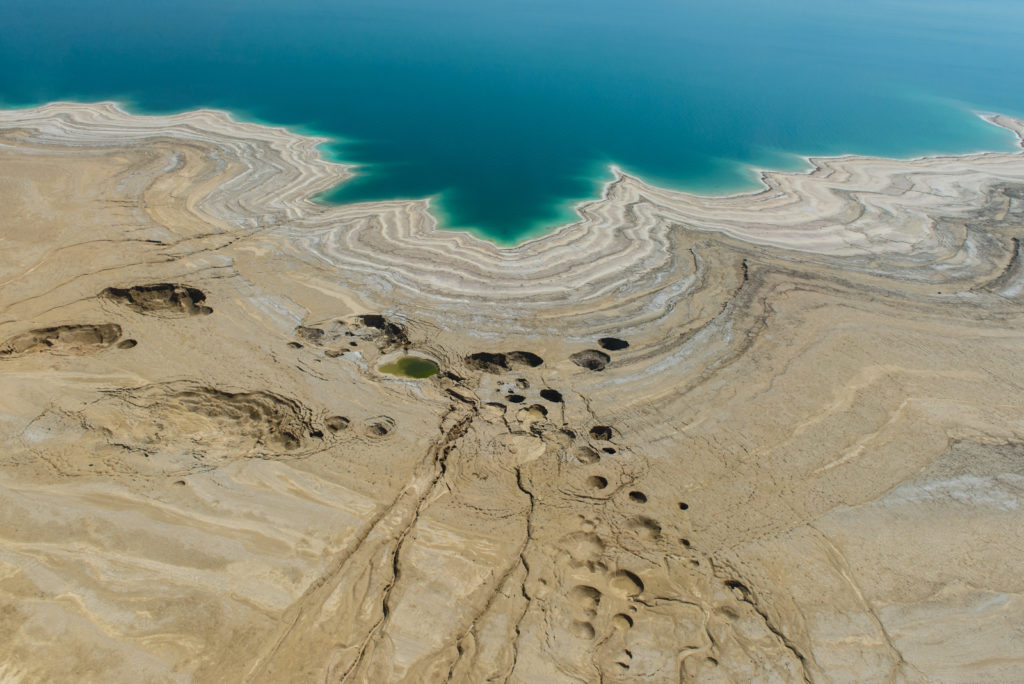
Making the Ocean’s Waters Drinkable
Making the Ocean’s Waters Drinkable
February 21, 2014
Untold News — As a member of the Department of Desalination and Water Treatment at BGU’s Zuckerberg Institute for Water Research, Prof. Yoram Oren’s job is developing water technologies.
“Desalination, separating the salt from sea water to make fresh water, is an act of overcoming what nature is seeking,” he says.
But it wasn’t until the 1960s that an Israeli scientist by the name of Sidney Loeb developed a new practical and affordable method of desalination, known as reverse osmosis, that launched the process into the modern era.
To achieve it, a smart semi-permeable membrane is used, which allows only smaller water molecules to pass through. Energy is applied to “push” salt water through the filter and fresh water is extracted from the salt water, leaving the salt behind.
According to Prof. Oren, this method is now widely recognized as the most advanced, efficient way of freshening seawater in use today.
 “Around the world, water is still being desalinated by simple distillation, especially in oil-rich countries, which can afford the fuel to boil water,” says Prof. Oren. “But they’re changing, because water is going to be the big challenge of the next century.”
“Around the world, water is still being desalinated by simple distillation, especially in oil-rich countries, which can afford the fuel to boil water,” says Prof. Oren. “But they’re changing, because water is going to be the big challenge of the next century.”
Prof. Oren points out that in places like Saudi Arabia, and even in his own hometown south of Tel Aviv, desalinated water is the sole source of drinking water. Israel’s Ashkelon plant is the world’s largest reverse osmosis facility, producing 320,000 cubic meters of fresh water every day – meeting the needs of roughly 100,000 people.
“The environment is telling us to find more efficient ways to treat not just saltwater, but all our wastewater, agricultural runoff, and municipal water,” he says.
“We’re working on making membranes that are more and more sophisticated because now we have to protect them not only from salt, but from organic compounds, inorganic compounds, bacteria, viruses, proteins, sugars, all the stuff you find in the different kinds of waters we’re treating.”
Prof. Oren recently spent his sabbatical year setting up a water research laboratory at Karunya University in India, and helped rehabilitate a polluted river.



